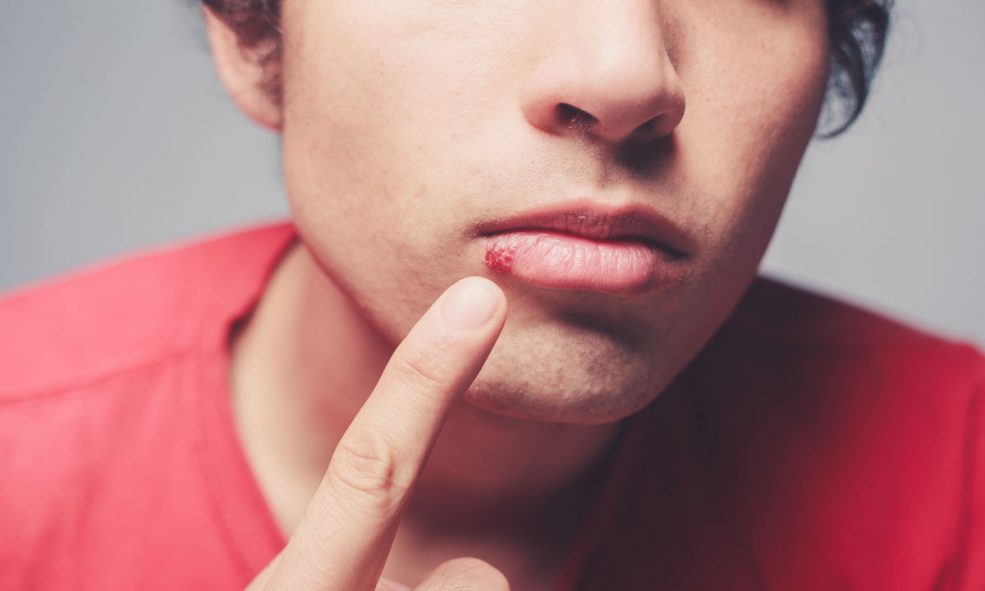
In 2018, about 48 percent of Americans 14 to 49 have or will contract herpes, making it one of the most common sexually transmitted diseases. The long-term effects include outbreaks of painful sores on the genitals and damage to the nervous system.
There are two types of herpes: genital and oral. The latter causes cold sores and is not considered dangerous. This article is about genital herpes. The disease is typically spread during direct genital contact during sex. Symptoms include small, painful blisters on the genitals and flu-like symptoms. Most who are infected don’t know they are and have mild or no symptoms.
There is no cure for herpes, although medicines that prevent or shorten outbreaks are effective for some with the disease, and can help prevent passing along the infection to sex partners. While protected sex is prevention, cannabis may help with treatment.
Possible Effects On The Virus
Research about cannabis’ effect on the herpes virus is limited. But as far back as 1980 scientists were able to demonstrate that the virus failed to replicate in cultures where human cells were exposed to a THC solution.
THC, one of the two main compounds in cannabis, produces the euphoria commonly associated with use. The study was replicated somewhat in 2004 and scientists concluded it may be valuable in treating the types of viruses that cause herpes.
Treating Outbreaks With Topicals.
CBD is the other major compound in marijuana. It doesn’t produce the euphoria THC does. It has shown to be effective in both pain relief and treating inflammation. Creams, oils and tinctures, while not stopping or lessening outbreaks, can treat the symptoms of outbreaks.



